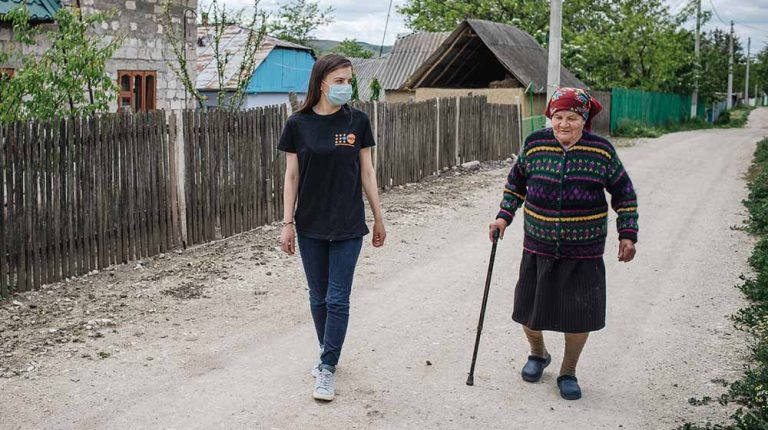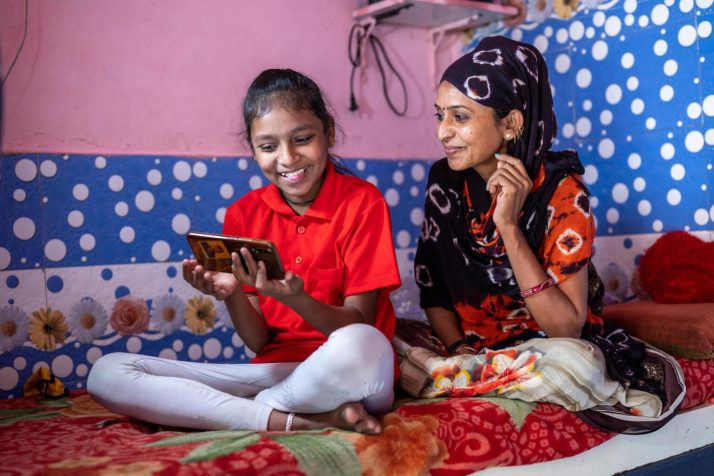,
On the observation of International Youth Day 2022, United Nations has a special message for the youth as follows:
To achieve the Sustainable Development Goals (SDGs), the world needs to lev erage the full potential of all generations. Solidarity across generations is key for sustainable development. We must collaborate to foster successful and equitable intergenerational relations and partnerships to ensure “no one is left behind.” While intergenerational solidarity and concern for future generations is being called for in tackling global issues – with the UN Secretary-General recently putting forward new recommendations on renewed intergenerational solidarity, including in Our Common Agenda – many challenges remain.
Ageism continues to present a significant – yet, not sufficiently discussed – challenge to fostering collaboration and solidarity across age groups. The World Health Organization defines ageism as “the stereotypes (how we think), prejudice (how we feel) and discrimination (how we act) directed towards others or oneself, based on age”. Ageism is an insidious and often an unaddressed issue in health, human rights and development, and has bearings on both older and younger populations around the world. In addition, ageism regularly intersects with other forms of bias (such as racism and sexism) and impacts people in ways that prevent them to reach their full potential and comprehensively contribute to their community.

The Global Report on Ageism launched by the United Nations in March 2021 highlights the many data gaps that exist with regards to ageism against youth. Despite this lack of research, young people continue to report age-related barriers in various spheres of their lives such as employment, political participation, health and justice. On an individual level, these age-related obstacles can deeply impact wellbeing and livelihoods not only during the youth years, but also in adulthood. On a societal level, ageism prevents us from thinking and designing policies and social services that adopt a life-course approach and are fair for all ages.
The Global Report on Ageism identifies intergenerational interventions as one of the three key strategies to address ageism. Intergenerational activities can also lead to a greater sense of social connectedness and strengthen intergenerational solidarity.
Fostering intergenerational solidarity between generations is more than ever necessary to ensure an inclusive and sustainable recovery. As we navigate the third year of the COVID-19 pandemic, it is especially important to recognize and address these age-related barriers to “build back better” in a manner that leverages all generations’ strengths and knowledge.

In this context, the objective of this year’s International Youth Day theme, Intergenerational
solidarity: Creating a World for All Ages, is to amplify the message that action is needed across
all generations to achieve the SDGs and leave no one behind. The 2022 International Youth Day
will also raise awareness on certain barriers to intergenerational solidarity, notably ageism,
which impacts young and old persons, while having detrimental effects on society as a whole.
This theme builds on the momentum from two side events organized by UNDESA and partners
earlier this year on 1) ageism in health and employment and 2) ageism in politics on the margins
of the 60th Commission for Social Development and the 11th edition of the ECOSOC Youth Forum,
respectively.
Official Commemoration – Webinar
For International Youth Day 2022, DESA will work with the Major Group on Children and Youth (MGCY) to organize a global webinar for its official commemoration. The webinar will provide an opportunity for stakeholders around the world to exchange views on the topic of intergenerational solidarity, intergenerational equity, future generations, and ageism. To ensure inclusivity, the webinar will feature speakers from civil society, while ensuring age, regional and gender representation. Special consideration will be given to youth at the intersection of multiple vulnerable situations. Additionally, public institutions will be invited to share examples of efforts they are putting in place to promote intergenerational dialogue and combat ageism at the local, national, or international levels.
#UN; #InternationalYouthDay2022





